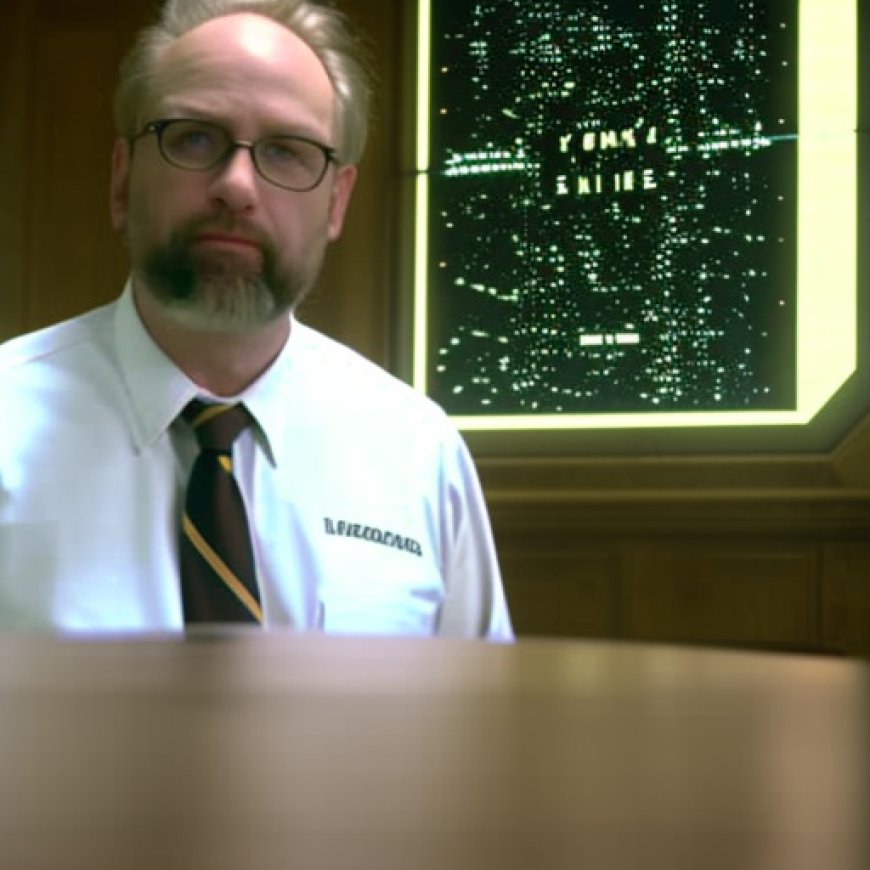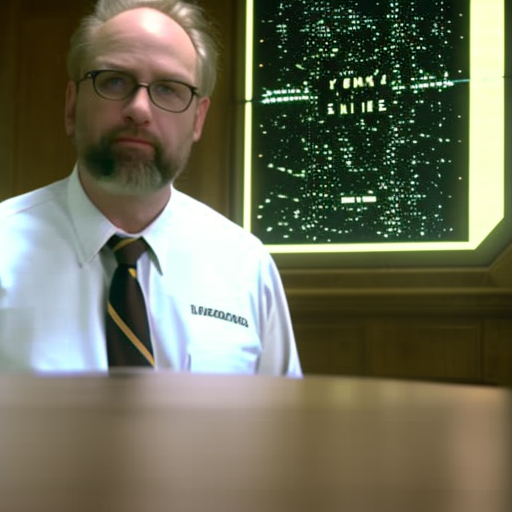KU names new director of Biodiversity Institute & Natural History Museum
KU names new director of Biodiversity Institute & Natural History Museum The University of Kansas


Next Leader Named for Biodiversity Institute & Natural History Museum at the University of Kansas
LAWRENCE — Nico Franz, Virginia M. Ullman Professor of Ecology and director of biocollections at Arizona State University, has been named the next leader of the Biodiversity Institute & Natural History Museum at the University of Kansas. He will begin his role as the Krishtalka Director in mid-August, with a joint faculty appointment in the Department of Ecology & Evolutionary Biology.

Emphasizing Sustainable Development Goals
“I am thrilled and honored to join the KU community as director of the Biodiversity Institute & Natural History Museum, a global leader in biological collections-based research, student training and educational impact,” Franz said. “Societal engagement and understanding of biological diversity are fundamental for prosperous communities and for a sustainable planet. For 160 years, the Biodiversity Institute & Natural History Museum has grown outstanding intellectual, collections and data resources. Those accomplishments and the values that drive them will enable us to invent the future of biodiversity science.”
About the Biodiversity Institute & Natural History Museum
The Biodiversity Institute is an internationally recognized center for research and graduate student education in evolutionary biology, systematics and biodiversity informatics, with curated collections of more than 10 million plant, animal and fossil specimens and 2 million cultural artifacts. It is one of 11 designated research centers that fall under the KU Office of Research.
“Dr. Franz has an impressive record of building collections infrastructure and interdisciplinary research teams,” said Belinda Sturm, interim vice chancellor for research. “He is passionate about making collections accessible and integrated with coursework, and I look forward to supporting the growth and impact of the Biodiversity Institute & Natural History Museum under his leadership.”
Expertise and Achievements
Franz is an evolutionary biologist and insect systematist who has dedicated the past 18 years of his career to collections leadership at public universities. His research focuses on developing innovative, accessible biocollections infrastructure and biodiversity data science services, including AI- and logic-enabled tools to integrate evolving systematic knowledge. He is the principal investigator of the National Science Foundation-funded National Ecological Observatory Network (NEON) Biorepository and iDigBio Symbiota Support Hub, which sustains more than 1,800 collections and 90 million global occurrence records. At Arizona State, he serves as curator of insects and directs both the natural history collections and the Biodiversity Knowledge Integration Center. He and his team also run an immersive Biocollections Diversity, Equity & Inclusion Summer Scholars Program.
Franz earned a master’s in biology from the University of Costa Rica and a doctorate in systematic entomology from Cornell University.
“I am grateful to the search committee — led by Saralyn Reece Hardy and Chris Beard — for their time and effort in attracting an outstanding pool of candidates and successfully recruiting Dr. Franz to KU,” Sturm said. “I would also like to thank Jorge Soberón for his engaged leadership of the Biodiversity Institute & Natural History Museum as interim director while we worked to identify a permanent director. This role is critical to KU’s continuing excellence in researching the biological diversity of life on Earth and sharing that knowledge broadly.”
SDGs, Targets, and Indicators
| SDGs | Targets | Indicators |
|---|---|---|
SDG 15: Life on Land |
|
|
SDG 4: Quality Education |
|
|
Analysis
1. Which SDGs are addressed or connected to the issues highlighted in the article?
The article primarily addresses SDG 15: Life on Land and SDG 4: Quality Education.
2. What specific targets under those SDGs can be identified based on the article’s content?
Under SDG 15, the specific target that can be identified is Target 15.5: Take urgent and significant action to reduce the degradation of natural habitats, halt the loss of biodiversity, and protect and prevent the extinction of threatened species. Under SDG 4, the specific target that can be identified is Target 4.7: By 2030, ensure that all learners acquire the knowledge and skills needed to promote sustainable development, including, among others, through education for sustainable development and sustainable lifestyles.
3. Are there any indicators mentioned or implied in the article that can be used to measure progress towards the identified targets?
The article does not mention or imply any specific indicators that can be used to measure progress towards the identified targets.
Behold! This splendid article springs forth from the wellspring of knowledge, shaped by a wondrous proprietary AI technology that delved into a vast ocean of data, illuminating the path towards the Sustainable Development Goals. Remember that all rights are reserved by SDG Investors LLC, empowering us to champion progress together.
Source: news.ku.edu

Join us, as fellow seekers of change, on a transformative journey at https://sdgtalks.ai/welcome, where you can become a member and actively contribute to shaping a brighter future.







